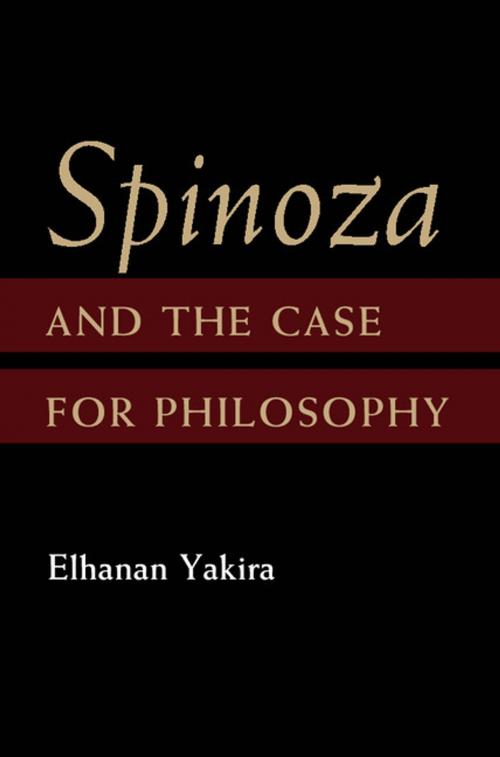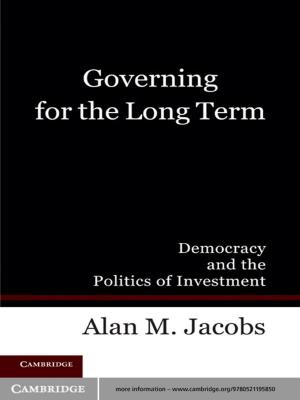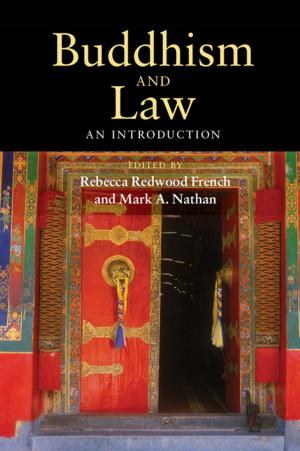Spinoza and the Case for Philosophy
Nonfiction, Religion & Spirituality, Philosophy, Modern, Social & Cultural Studies, Social Science| Author: | Elhanan Yakira | ISBN: | 9781316055489 |
| Publisher: | Cambridge University Press | Publication: | December 8, 2014 |
| Imprint: | Cambridge University Press | Language: | English |
| Author: | Elhanan Yakira |
| ISBN: | 9781316055489 |
| Publisher: | Cambridge University Press |
| Publication: | December 8, 2014 |
| Imprint: | Cambridge University Press |
| Language: | English |
This book analyzes three often-debated questions of Spinoza's legacy: was Spinoza a religious thinker? How should we understand Spinoza's mind-body doctrine? What meaning can be given to Spinoza's notions - such as salvation, beatitude, and freedom - which are seemingly incompatible with his determinism, his secularism, and his critique of religion. Through a close reading of often-overlooked sections from Spinoza's Ethics, Elhanan Yakira argues that these seemingly conflicting elements are indeed compatible, despite Spinoza's iconoclastic meanings. Yakira argues that Ethics is an attempt at providing a purely philosophical - as opposed to theological - foundation for the theory of value and normativity.
This book analyzes three often-debated questions of Spinoza's legacy: was Spinoza a religious thinker? How should we understand Spinoza's mind-body doctrine? What meaning can be given to Spinoza's notions - such as salvation, beatitude, and freedom - which are seemingly incompatible with his determinism, his secularism, and his critique of religion. Through a close reading of often-overlooked sections from Spinoza's Ethics, Elhanan Yakira argues that these seemingly conflicting elements are indeed compatible, despite Spinoza's iconoclastic meanings. Yakira argues that Ethics is an attempt at providing a purely philosophical - as opposed to theological - foundation for the theory of value and normativity.















